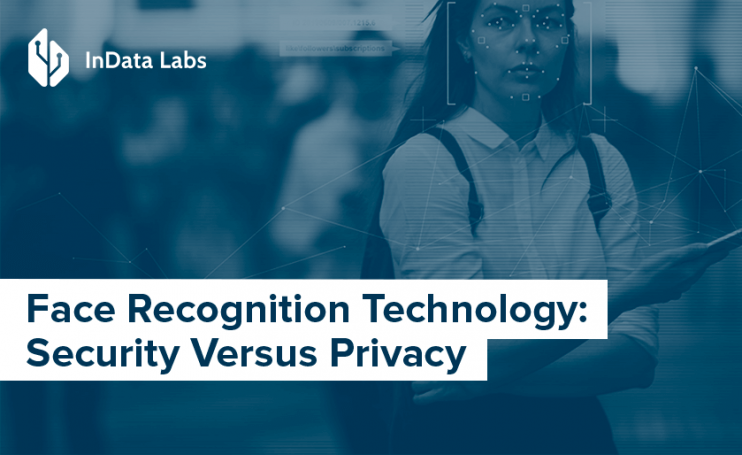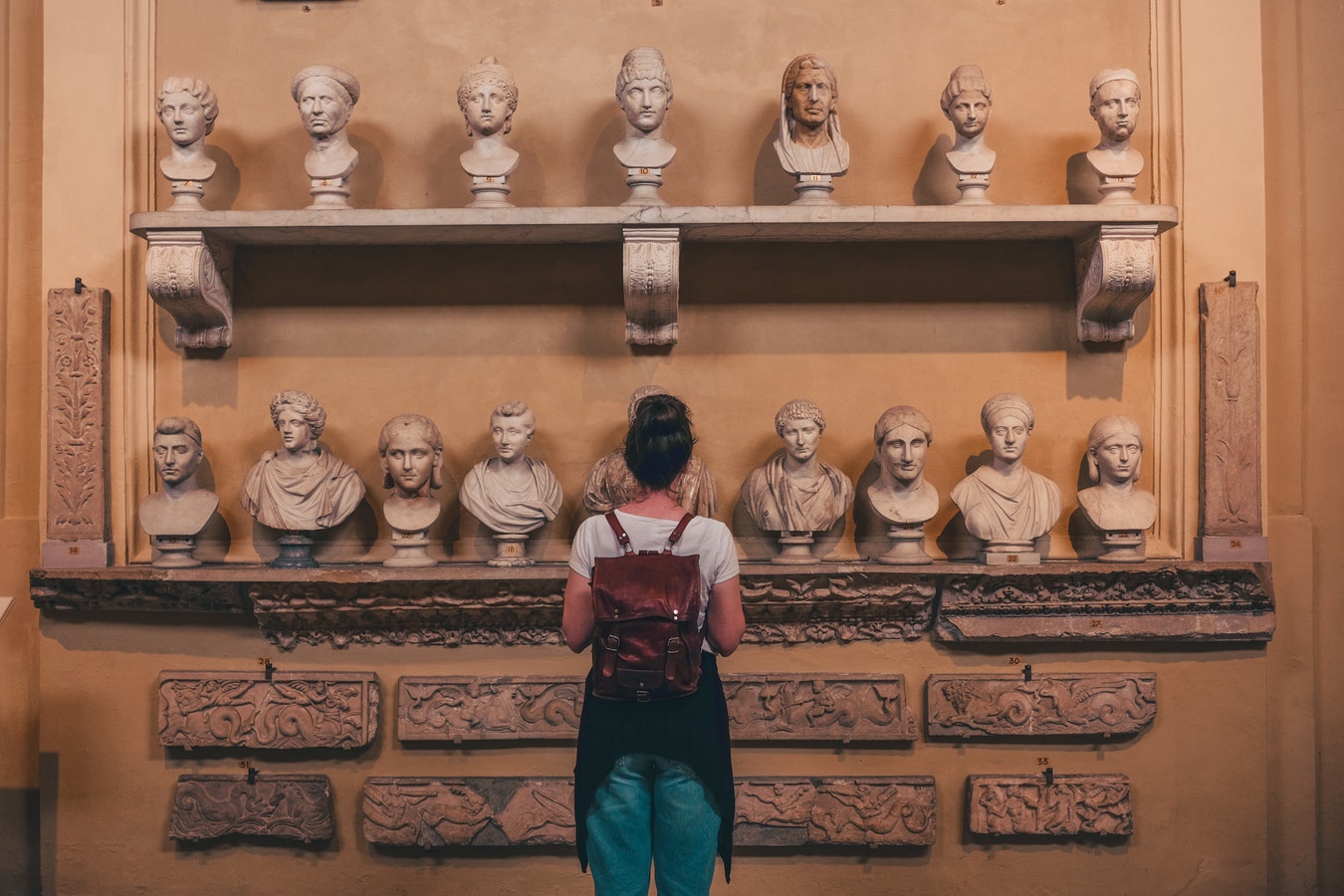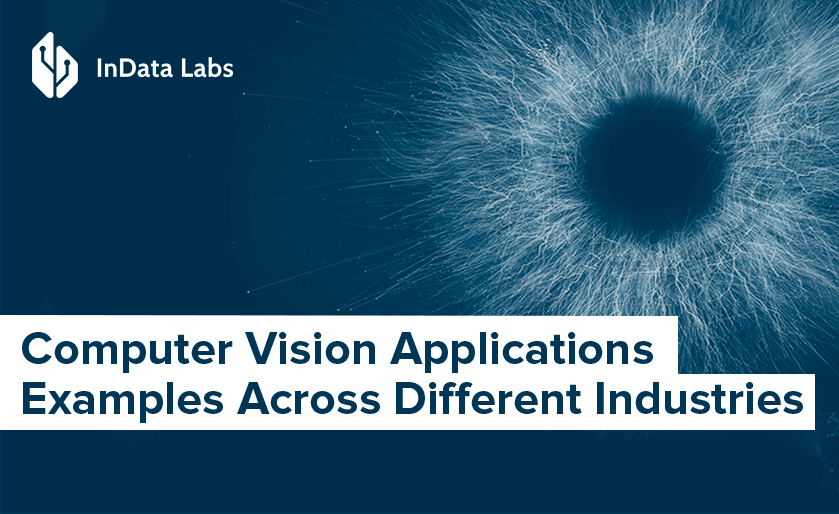For most of us, the Coronavirus represents a devastating and life-changing circumstance that induces widespread uncertainty. At this time, we long for a simplistic solution that will cut off the transmission of the novel virus and put our lives off hold. As the pandemic gets worse, face recognition becomes the light at the end of the tunnel. Although face recognition biometrics has a lot to offer for security, some people consider it fearsome and unsafe.
In this article, we’ll try to understand how secure face recognition is, and how it can add comfort to our life.
Face Recognition: a Privacy Threat or a Safer Alternative to Fingerprint Scanning?
First of all, hand scanners and biometric fingerprint readers are touchy and require that many people touch their surface. According to the World Health Organization, in most cases, a person can become infected with the coronavirus by touching a shared surface. Recently, there have been many cases where companies had suspended fingerprint biometric attendance systems due to the virus outbreak. For Instance, the New York Police Department halted the fingerprint security protocol.
Since scanners can potentially spread the virus, they are risky and unsafe to use amid the pandemic. With all that being said, there is a growing demand for biometric recognition technology. It is noncontact and germless. It is safe. If the technology gets to replace the clock in and clock out procedure at the offices and will be launched at airports, customs, educational institutions, and enterprises, it will stem the spread of the virus. Sugar and spice, and everything nice, but what are the flaws?
Balancing Security And Privacy in Face-Recognition Enabled World
Facial recognition security has always been the subject of heated debate. With the rapid growth of technology comes the problem of privacy. The question is, what are the privacy issues with facial recognition technology? The biggest concern, for now, is how many people are being ‘quarantine monitored’ and how data privacy is collected, stored and further maintained.
Some activists call facial recognition an invasion of privacy and a card up the government’s sleeve. They deny that privacy-preserving face recognition technology is being used as an effective tool to reverse escalating cases all around the world and bring the crisis under control. They see technology as a new erosion on people’s privacy and freedoms, not an effective measure to strengthen national security.
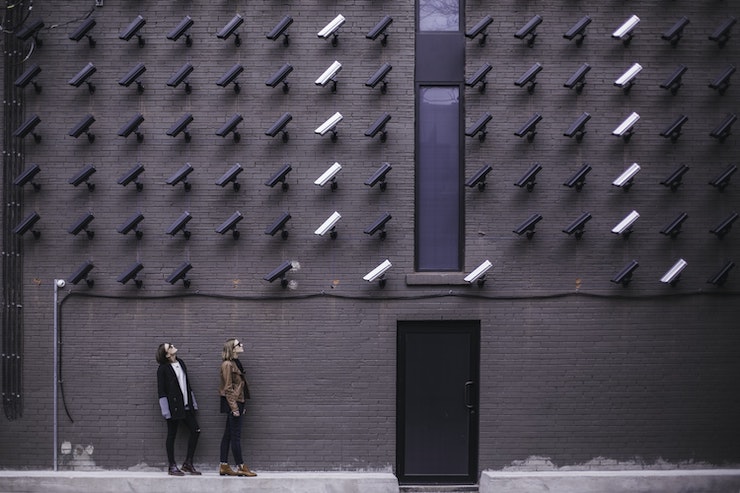
Source: Unsplash
Others are worried about tons of fingerprint readers replaced with face recognition. These security systems might excel at preventing the infection from spreading but they are not immune to a data breach. And in this case, they are a real magnet for hackers. If the systems powered by facial recognition are vulnerable to deep morphing, privacy issues will spring up.
How can we balance privacy and security? The question remains unsettled. To address this challenge, most companies and agencies rely on custom computer vision solutions that empower security and work to prevent data leaks. More importantly, people shouldn’t get so defensive and harsh about facial recognition technology adopted for security reasons, because it is a force for good. The main objective is to make sure that people stay off the streets, not to encroach on their freedom.
Face Recognition and Privacy: a Friend or a Foe?
As the virus sweeps the world, face recognition application is two-fold. First, the technology is being adopted as an efficient way to stop the virus spread. Second, it is used to track down people who have tested positive. The innovation used by facial recognition companies sparks privacy concerns. The technology-wired apps rolled out on a large scale scare people into viewing face recognition as an invasion of their privacy. And in a time of massive upheaval, they think that it is an expansion of government surveillance and foray into their privacy. Leaving anxiety and privacy issues aside, face recognition helps tackle the coronavirus pandemic.
Take people failing to self-isolate. They forget that their actions can affect society. Refusing to quarantine, they are not helping slow the spread of the virus. In this case, adopting viable facial recognition systems is not a privacy policy violation but the right decision to monitor the COVID-19 transmission across the world.
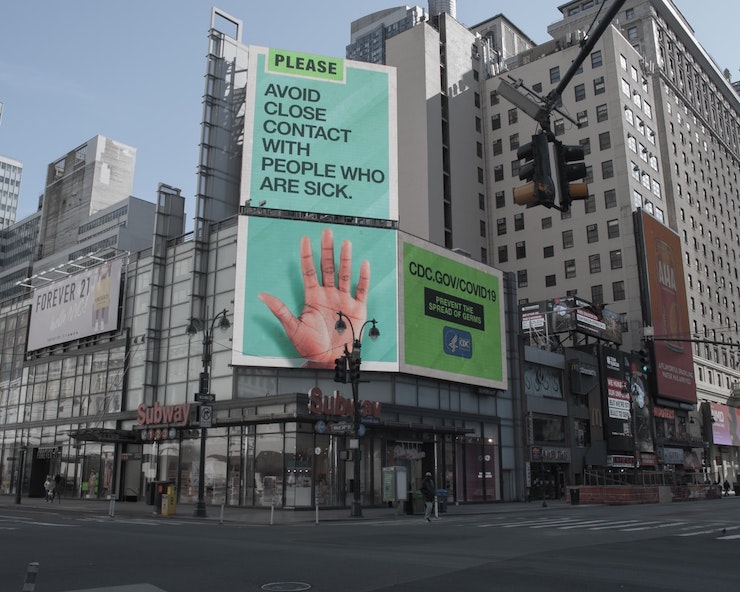
Source: Unsplash
In the face of the outbreak, many tech companies are unveiling apps that track the movement of home-quarantined people. Take Russia’s Safe City, a face recognition-based security system. The system requires cameras to be installed in most public places like the subway, airports, train stations, building entrances and so on. The cameras scan people against the database of those in quarantine. If the similarity is detected, the police get notified.
Malaysia has recently launched a system that couples a thermal scanner and facial recognition for security and safety purposes. The system has been developed to measure temperature in order to detect those who might have been infected with the virus. Another benefit of the system is that it can identify individuals with and without masks on their faces. Once it detects a person with abnormal body temperature, it immediately sends out an alert. The benefits of the system are evident. It is fast, contactless and needs no human interaction. This technology has the potential to be massively adopted at airports and train stations. It can not only detect the virus spreaders but also ease overcrowding at the gates.
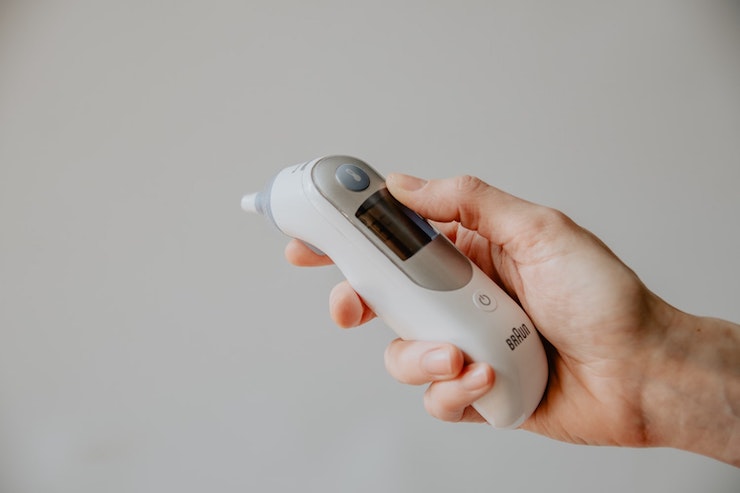
Source: Unsplash
Poland has also offered an innovative solution in the war against the COVID-19. They have developed an app that requests citizens to prove they are not breaking quarantine – by asking selfies. The app is now available on iOS and Android. Once a citizen downloads the app, it notes their location down and asks for a reference photo. Once the photo is taken, image face recognition algorithms detect a face in the image and identify it. From that moment the app occasionally requests a new photo and the location to make sure a person stays at home. Important to note that the app utilizes facial recognition complying with privacy laws. It’s safe to say that such sensitive data like photos, location, and relevant health information is only available for the police department and is used to protect public health and stave off the outbreak of the virus.
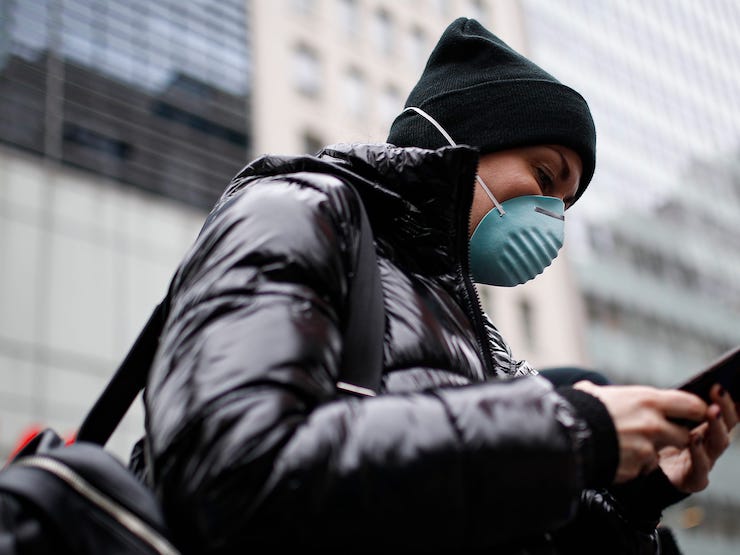
Source: Business Insider
Wrapping it Up
Face recognition is a powerful technology that is changing the world we live in. From a boarding gate at the airport in India to a train station in Germany, it is becoming surprisingly prevalent. In response to the rapid escalation of the COVID-19 across the world, a lot of companies are now turning to face recognition and related technologies for efficient solutions to combat the pandemic and make the world a safer place.
The InData Labs team’s mission is to help clients turn their ideas into reality in the field of Artificial Intelligence and Big Data. We’re glad to help you in developing facial recognition security systems or other technology-related solutions that can take your business to a new level.
